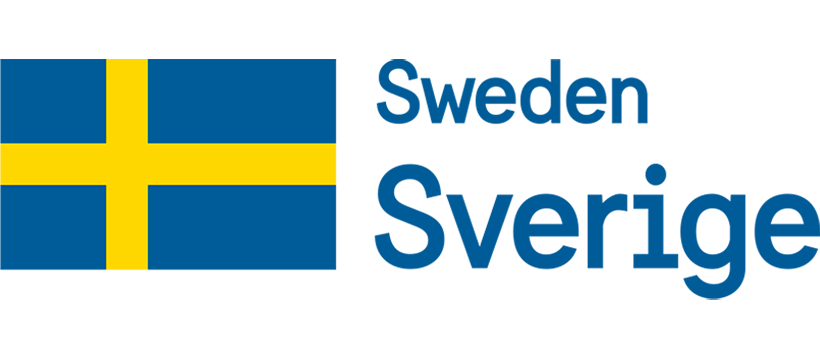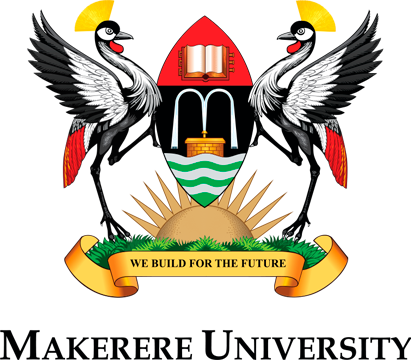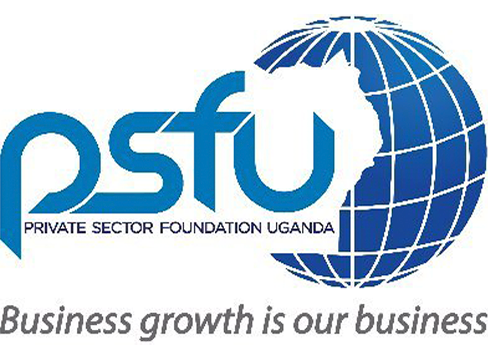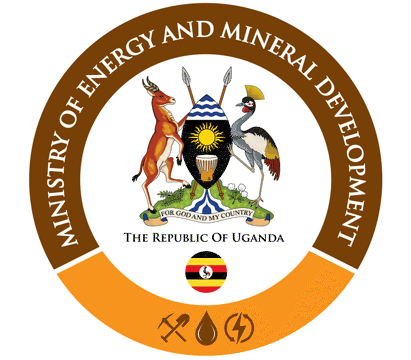BLOG: Navigating Challenges in Promoting Energy Efficiency Solutions in Northern Uganda
February 09, 2024
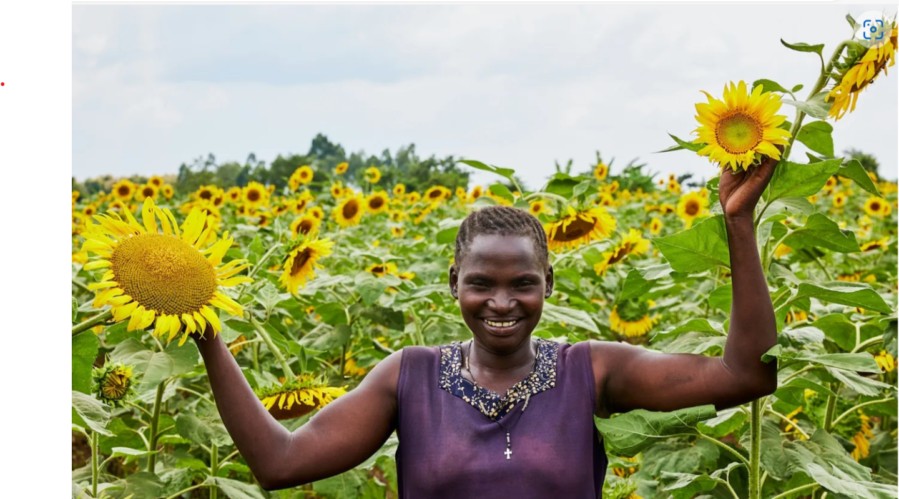

Northern Uganda is ripe for energy efficiency solutions. Yet, promoting and implementing these solutions presents distinct challenges. Drawing insights from the Inclusive Markets for Energy Efficiency in Uganda (IMEU) initiative led by SNV, this technical blog examines the key issues and strategies to overcome these obstacles in our goal for environmentally sustainable and innovative energy efficiency solutions.
The Importance of Local Distribution Partners
A significant challenge in delivering energy-efficient products and services in Northern Uganda is the absence of dedicated local distribution partners. Companies like Gage Investment, UgaStove, and Eco Stove, participating in Energy Service Performance Contracts (ESPC) under IMEU’s Results-based Financing (RBF), struggle to penetrate last-mile markets. Without local distributors, sales efforts flounder. To surmount this barrier, establishing reliable, affordable, and accessible distribution networks that reach remote communities is crucial. This requires a trained sales force and dedicated sales agents who can engage with these communities and guarantee timely product replacements in case of defects. To address these challenges, IMEU offers technical assistance to grantee companies, including market promotion, matchmaking, business-to-business (B2B), business-to-consumer (B2C), and access to financing support.
Addressing Financing Challenges
Financing is a persistent hurdle for businesses pursuing energy efficiency. Firms like Gage Investment, UgaStove, and Eco Stove need working capital for daily operations, product sourcing, and stocking. They must also provide financing options to end-users to make energy-efficient products affordable. Innovative solutions are urgently required to bridge this gap and ensure access to energy-efficiency solutions for last-mile populations and smallholder farmers. IMEU is addressing this gap by offering financial matchmaking support to grantees and assisting them in designing innovative end-user financing models, such as Pay-As-You-Go (PAYGO) and energy-as-a-service models.
Leveraging Out-Growers Schemes
Before the IMEU co-investment project, Awelo was one of the millers in the Oyam district of Northern Uganda, processing maise, sunflowers, and rice from smallholder farmers and providing daily milling services to the community. However, Awelo Millers faced several challenges, including inefficient processing technology, high operating costs, and inadequate drying technologies, resulting in post-harvest losses and poor product quality.
By installing high-efficiency, energy-saving machinery and drying facilities, Awelo can now reduce costs and expand its market reach, offering superior services to its farming community. In discussions with the Awelo Millers team, they aim to develop additional support services and innovative financing through out-grower schemes to help farmers produce high-quality products sustainably. Farmers benefit from premium prices offered by Awelo Millers’ out-grower schemes.
Out-grower schemes are proving to be an effective way to boost smallholder farmer productivity in the region. These schemes facilitate better access to inputs, technology, knowledge, financing, and markets. Agribusinesses like Awelo Millers are pioneering these schemes, already collaborating with 1200 smallholder producers in the districts. This cooperative model benefits farmers and agribusinesses, promoting increased cooperation and shared growth. Developing and refining these out-grower schemes is critical to their success. Customised solutions will enable smallholder farmers to efficiently meet their energy efficiency (EE) and productive use of energy (PUE) needs. Additionally, IMEU provides support through Technical Assistance/Business Advisory to assist Awelo Millers in redesigning their out-grower model with integrated support services for smallholder farmers, including developing additional EE and PUE service models around out-grower schemes.
Coordinated Development Efforts
A key observation from IMEU implementation is the necessity for enhanced coordination among development partners, government initiatives, and private sector entities. Disjointed efforts can lead to inefficiencies. A well-coordinated approach is essential to ensure impactful and inclusive development initiatives for disadvantaged individuals. Such coordination optimises resources and prevents response duplication, leading to more effective outcomes. Meaningful coordination with the Government of Uganda, particularly the Ministry of Agriculture, Animal Industry and Fisheries, is vital to effectively embed government initiatives like irrigation, climate change, and access to agricultural extension services, mechanisation, agro-processing, and financing. The Ministry of Energy and Mineral Development plays a significant role in promoting energy efficiency. Development partners such as USAID, SNV, and other regional partners contribute funding for these initiatives. Public and private financing institutions are also crucial in this process. IMEU supports the establishment of the Energy Efficiency Accelerator Network (EEAN) with the Ministry of Energy and Mineral Development to unite stakeholders from business, civil society, academic institutions, and relevant public institutions to identify solutions and establish institutional coordination. This prevents siloed operations and enhances energy consumers’ access to financing for energy efficiency and other services. Ultimately, this multi-stakeholder forum aims to ensure effective collaboration and coordination among all involved parties.
Conclusion
Adopting energy efficiency in Uganda faces challenges such as limited awareness, availability of technology, high upfront costs, poor product quality, and lack of skills and knowledge. Similarly, promoting energy efficiency solutions in Northern Uganda is fraught with challenges but holds great promise. Addressing distribution, financing, and coordination issues is crucial to unlocking the region’s energy efficiency potential. Through collective effort and innovative approaches, IMEU is actively collaborating with Makerere’s College of Engineering, Design, Art, and Technology (CEDAT), Private Sector Foundation Uganda (PSFU), Ministry of Energy and Mineral Development (MEMD), various private companies, energy consumers, and technology developers. We aim to ensure that energy-efficient products and services are accessible to all, enhancing quality of life and contributing to sustainability.
ABOUT IMEU:
The Inclusive Markets for Energy Efficiency in Uganda (IMEU) is a four-year initiative funded by the Embassy of Sweden and implemented by a consortium led by SNV in Uganda. Its goal is to cultivate sustainable, inclusive markets for energy-efficient products and services in Uganda’s agriculture and built environment sectors, thereby improving livelihoods and increasing resilience and competitiveness. The project aims to directly impact 30,000 households, 328 businesses, 52 social institutions, 2 energy service companies, and 13 energy service provider companies, with an indirect positive effect on over 450,000 individuals.
Written by Ekanath Khatiwada, Private Sector Development Advisor, IMEU/SNV Uganda

